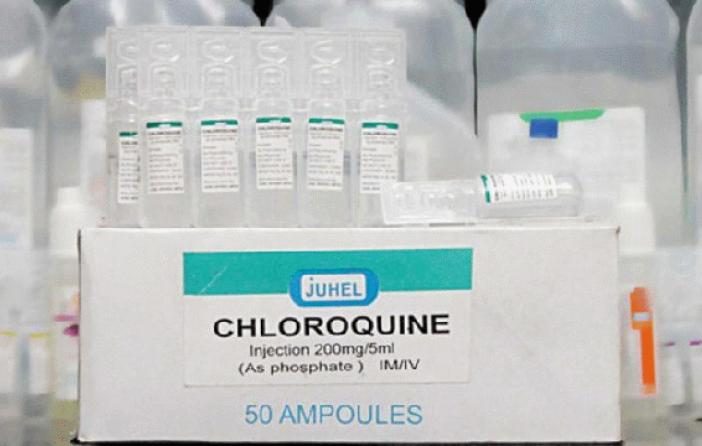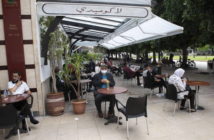The North Africa Post
Morocco maintains its medical protocol based on chloroquine in the treatment of coronavirus affected patients, despite the concerns raised by the World Health Organization.
While the WHO has decided to temporarily suspend clinical trials with hydroxychloroquine, Morocco maintains its use, reveals L’Economiste daily this Wednesday.
Minister of Health, Khalid Aït Taleb, has confirmed that Morocco continues using the medial protocol, although “opinions differ,” explaining and defending the effectiveness of Chloroquine, which is involved in viral inactivation. “The virus infects the host by entering the cell in several stages. One of the stages is inhibited by chloroquine,” the Health Minister insisted.
At the beginning of May, the minister had stated in a TV interview that the use of chloroquine “gives good results”. According to him, “everyone sees it on the ground. It is not only we who say this, but the same observation is made internationally.”
WHO decided on Monday to temporarily halt trials on the malaria medication Chloroquine and Hydroxychloroquine for COVID-19 treatment following a study associating the risk of death to its use, prompting conflicting opinions worldwide.
The Minister told L’Economiste that 4,841 COVID-19 patients out of the 7,584 cases recorded in Morocco, as of today May 27, 2020, at 10 a.m., have recovered from the virus after following the chloroquine treatment. According to Aït Tayeb, this treatment can reduce viral load “very quickly”.
“We found out after the adoption of this treatment on March 23, that patients healed faster than those admitted to hospital before them,” he said, stressing that this protocol can reduce viral load in 6 or 7 days, and spares the patient going to intensive care. Moroccan Health authorities started securing a sufficient stock of the chloroquine-based drugs in mid-March, just two weeks after the declaration of the first COVID-19 case in the country on March 2.
The decision followed consultations with the technical and scientific committee of the national program for the prevention and control of influenza and acute respiratory infections. The Health Ministry initiated the Chloroquine therapy, along with complementary medicines. WHO’s decision to suspend the use of the medication followed a study that scientific magazine ‘The Lancet’ published on May 22, associating the risk of death with the use of Chloroquine.
The head of WHO said that the concern is related only to the use of hydroxychloroquine and chloroquine for COVID-19 cases, adding that the drugs were accepted treatments for people with malaria and autoimmune diseases. In France, following WHO’s announcement, the High Council for Public Health (HCSP) recommended, in a notice published on May 26, not to use hydroxychloroquine in the treatment of COVID-19, outside clinical trials, whether alone or in combination with an antibiotic.
The WHO and HCSP decisions created controversy in the European country, as French Professor Didier Raoult, who first promoted the drug as an effective COVID-19 treatment, described ‘The Lancet’ study as “delusional fantasy.” “I’m not going to change my mind because there is a messy study done with Big data that tells something else, regardless of the magazine in which it goes” said the Professor. Raoult was the first to draw the world’s attention to the danger of COVID-19, by publishing a video on January 21, saying that “there are three Chinese people dying and it makes a global alert.”
A month later, the French scientist recommended the use of Chloroquine, as the cheapest treatment for COVID-19.
POSTED BY NORTH AFRICA POST
North Africa Post’s news desk is composed of journalists and editors, who are constantly working to provide new and accurate stories to NAP readers







